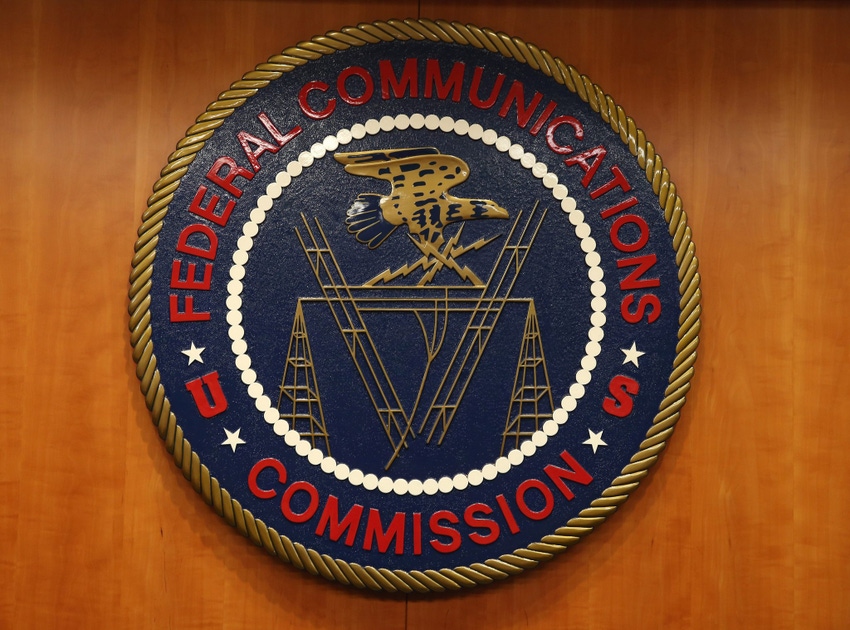TP-Link Promises Ban on Open Source Wireless Router Firmware
In a sign that device manufacturers are taking seriously the FCC's new restrictions on open source firmware, TP-Link has announced that it will no longer sell wireless routers in the U.S. that support Linux-based firmwares like DD-WRT.

In a sign that device manufacturers are taking seriously the FCC’s new restrictions on open source firmware, TP-Link has announced that it will no longer sell wireless routers in the U.S. that support Linux-based firmwares like DD-WRT.
The backstory: As we reported in September, the FCC last year introduced new rules designed to control the radio frequencies of wireless routers more strictly. The goal is to prevent routers from sending signals at frequencies or power levels for which they are not authorized, since doing so could interfere with other types of communications.
Normally, the software that comes preinstalled on your router will only let you send authorized signals. But it has long been possible to circumvent that restriction by replacing the router’s operating system with a variety of different open source firmwares, which are based on the Linux kernel.
The FCC’s new rules suggested — with a little ambiguity — that device manufacturers should prevent customers from installing third-party firmwares on their devices in order to enforce compliance with transmission regulations. And while it was uncertain at first whether companies would actually do so, the change is now coming to pass.
TP-Link has posted a statement on open source firmware that explains, in no uncertain terms, that “devices sold in the United States will have firmware and wireless settings that ensure compliance with local laws and regulations related to transmission power.” The company cited the FCC rules as the basis for its new policy.
Of course, what TP-Link is not mentioning is that it and other device manufacturers also gain a business advantage by embracing the FCC rules. While these companies have generally tolerated, and sometimes actively supported, open source router firmwares, such solutions sometimes compete with the vendors’ own products. You can, for instance, use third-party firmwares to turn almost any old, low-cost router into a “repeater,” which can strengthen the wireless signal in your house by duplicating the signal from your main router. But companies like TP-Link would prefer that you instead purchase their products for boosting wireless signals. By closing off the DIY route, these vendors stand to increase sales of their own devices.
TP-Link has not offered details on the technical aspects of its new policy. Until the next generation of routers from TP-Link and other vendors is fully rolled out, it’s hard to say how successful manufacturers will be in totally preventing the use of third-party firmwares. Hackers will hack, and history shows that it’s rarely possible to prevent device modifications by people who are willing to invest enough time in figuring out how to work around restrictions.
Still, TP-Link’s support for the FCC rules is a sign that, at a minimum, using open source firmware on wireless routers will now be much more difficult to do in a legal way. Whatever individuals put on their routers at home, the age when businesses could take advantage of open firmwares seems to be coming to an end.
About the Author(s)
You May Also Like


